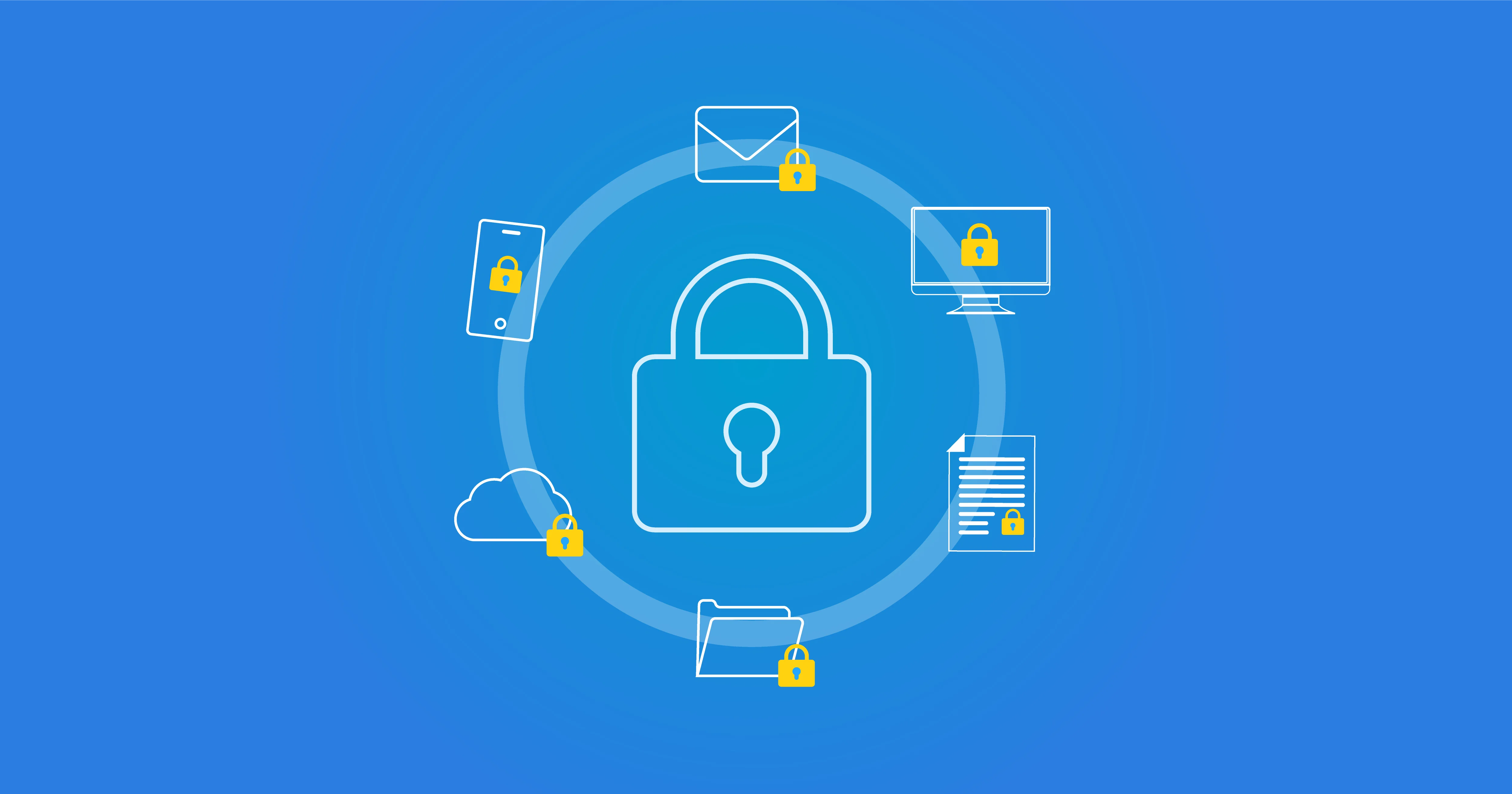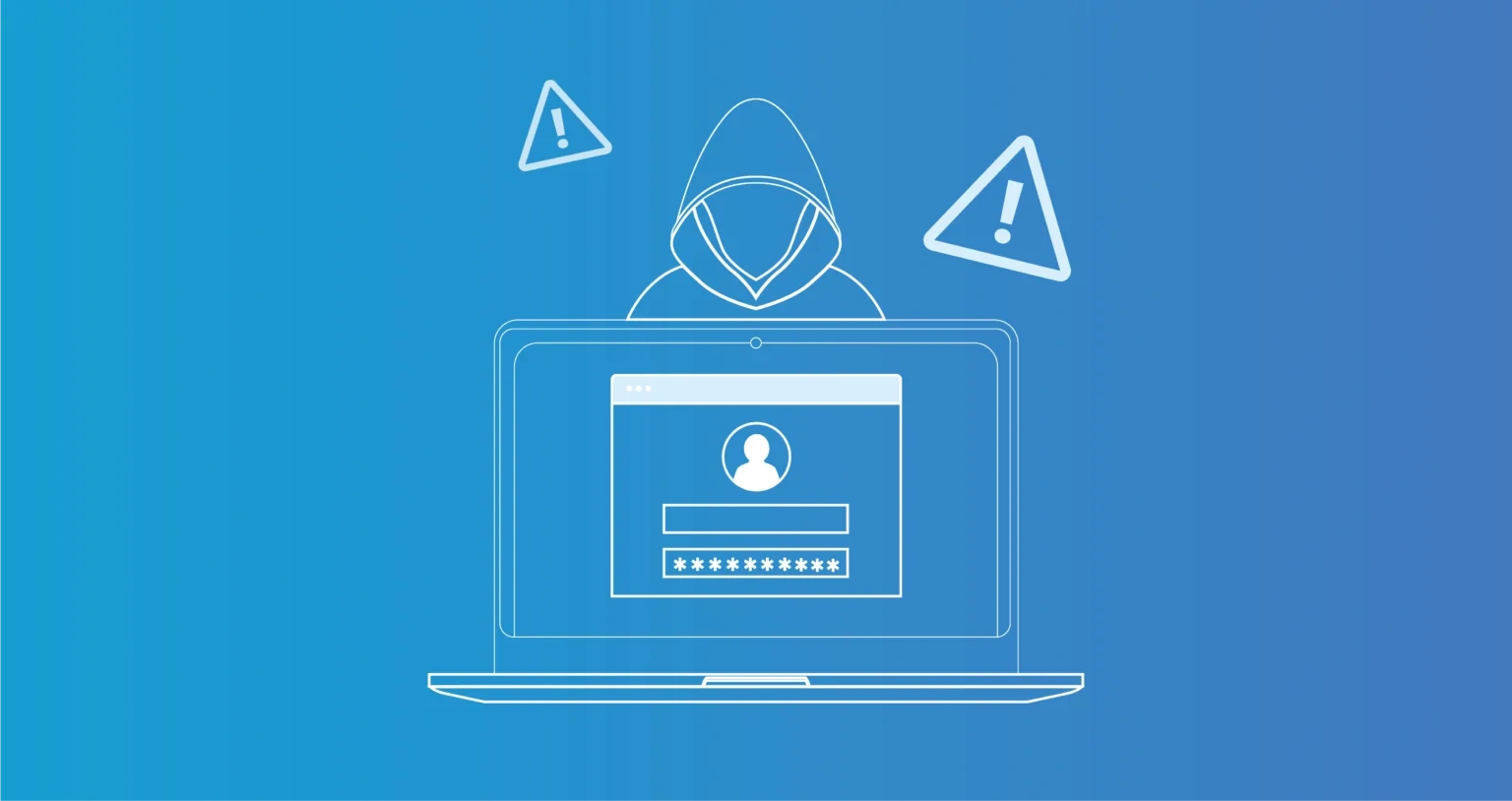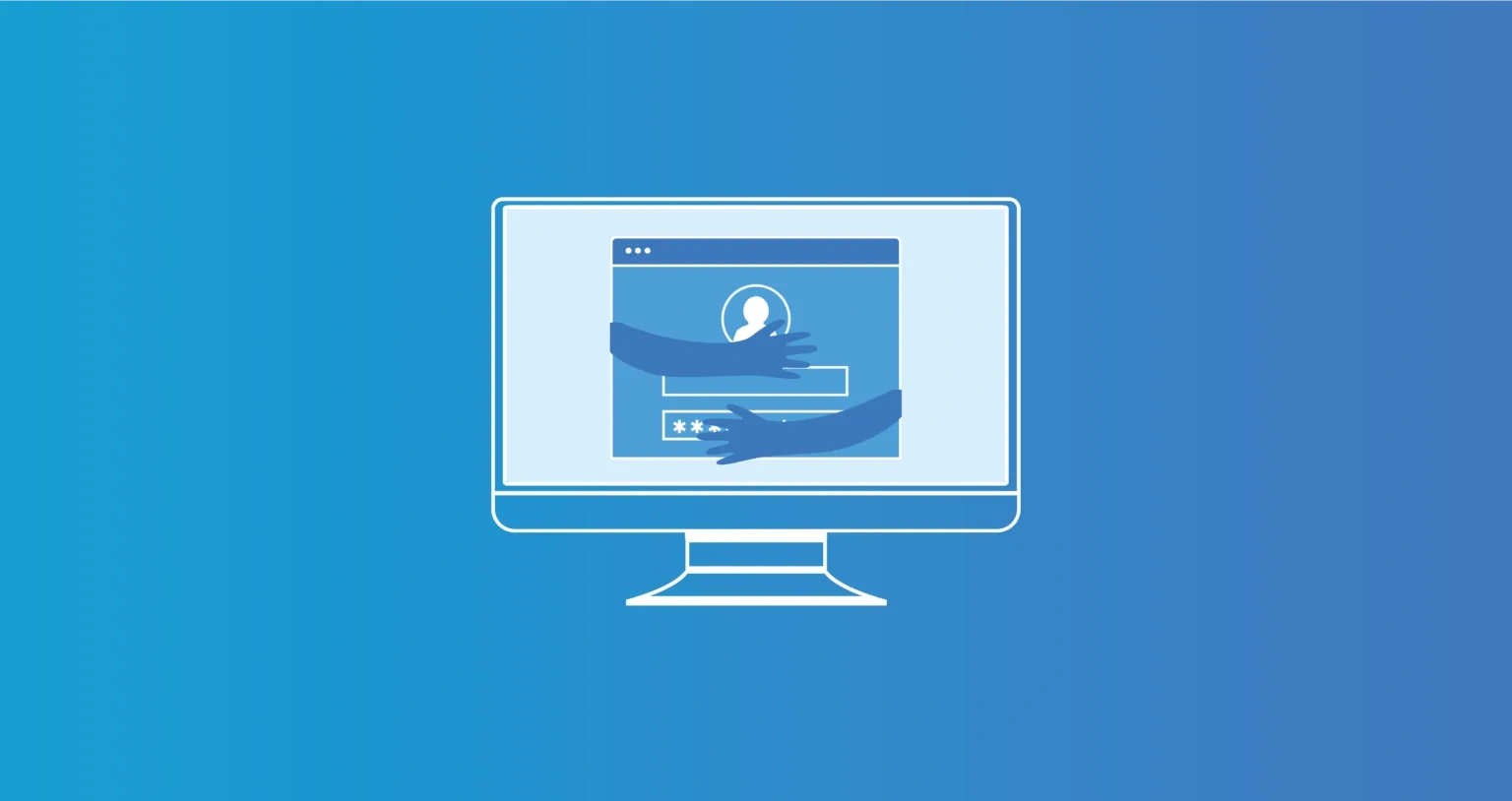
Privacy
What is Privacy?
Privacy is the right to protect your personal information and lifestyle from unauthorized access. It involves maintaining control over what others know about you and how your personal information is used.
Personal data can include various aspects, such as:
Name: Full name, including first name and surname.
Contact Details: Address, telephone number, email address.
Date and Place of Birth: The date and place where someone was born.
Identification Numbers: National Insurance number (NIN), passport number, driving licence number.
Financial Information: Bank account numbers, credit card details, financial history.
Health Information: Medical history, current health condition, insurance details.
Biometric Data: Fingerprints, DNA, iris or facial scans.
Internet Data: IP addresses, browsing history, online search behaviour.
Work-related Information: Work history, professional qualifications, employer.
Education Data: Educational history, degrees, and certificates obtained.
Race and Ethnicity: Information about racial or ethnic origin.
Religion or Belief: Religious or philosophical beliefs.
Sexual Orientation: Information about someone's sexual preference.
Family and Relationship Data: Marital status, information about family members.
Social Media Activities: Posts, likes, followers, and interactions on social media platforms.
Why is Privacy Important?
Privacy is central to our personal freedom, security, and human dignity. It acts as a shield against abuse of power, by governments, corporations, and criminals alike. It supports our freedom of expression and enables us to maintain control over our own information. Without privacy, there can be no healthy and free society.
Violation of Privacy
Imagine your personal information being exposed or misused without your consent. This can lead to a range of negative experiences, starting with a profound psychological effect. People who see their privacy violated may suffer from stress, anxiety, and a sense of helplessness, undermining their self-confidence and sense of security.
Financial damage is another major risk. In cases where financial data is stolen, victims can face unauthorized transactions or even identity fraud, leading to long-term financial problems. These issues can extend to reputational damage, especially when professional or personal information is publicly disclosed or manipulated, destroying professional and social opportunities.
For businesses and organisations, the consequences of privacy breaches can reach even further. Beyond potential legal consequences, such as fines and compensation claims, violating privacy can severely damage their reputation and undermine the trust of customers and business partners.
In extreme cases, privacy violations can even lead to physical safety risks. For example, releasing location data can lead to stalking or other forms of physical violence. Such breaches cause not only immediate harm but also result in a deep loss of trust in the systems and organisations supposed to protect our data. People become more cautious and hesitant in using digital services, affecting their daily lives and interactions with technology.
This is particularly impactful when it comes to special personal data. Special personal data includes data that reveals significant aspects of someone's identity. Examples are data indicating someone's ethnic or racial background, or insight into political, religious, or philosophical beliefs. It extends to very personal data, such as genetic and biometric information, information about someone's health condition, sexual activities, or orientation.
However, privacy violations are on the rise, as indicated by recent findings from the Office for National Statistics in the UK: Fraud offences increased by 25%, reaching 4.5 million instances, with 61% being cyber-related. Additionally, computer misuse offences, including hacking, surged by 89% to 1.6 million offences by the year ending March 2022, highlighting the growing challenge of online crime such as hacking or identity fraud.
Hacking involves someone gaining unauthorized access to devices or accounts, which is a direct attack on the privacy and security of individuals. Identity fraud occurs when someone else unlawfully uses your personal data, for example, to take out a loan in your name or make online purchases. This can result in financial losses and damage to your creditworthiness. It also undermines the control we have over our own information and constitutes a serious breach of our personal freedom and security.

Ensuring Privacy
To safeguard our privacy, Europe has introduced the General Data Protection Regulation (GDPR). This law imposes stricter responsibilities and obligations on organisations when processing personal data.

How Do You Protect Your Privacy?
There are various methods to effectively secure personal data. This article specifically focuses on the protection of privacy within organisations, not on an individual level.
Traditional security models of organisations focus on good access security to the corporate network. However, once access is obtained, users and devices are often assumed to be trustworthy. With the rise of remote work and the need to grant access not only to own employees but also to freelancers, clients, and partners, a fundamentally different approach to security is needed.
An effective way to ensure privacy is by implementing Identity and Access Management (IAM) solutions. These enable organisations to accurately regulate and monitor access to sensitive data, thus preventing data breaches and unauthorized access.
These solutions are designed using the concept of 'Privacy by Design'.
Privacy by Design
Privacy by Design is a concept where privacy and data protection are integrated from the beginning into the development of products and systems, rather than as an add-on feature. It involves proactively building privacy-protective measures into IT infrastructure and business processes. This concept requires that privacy is considered at every step of the design and development process.
Strategies for Effective Data Protection
To effectively protect data, several strategies can be implemented, such as:
Minimal Data Collection: Adhere to the principle of only collecting necessary data for a specific purpose to avoid unnecessary storage and risks.
Access Control: Maintain strict control over who has access to sensitive information. By granting rights based on user roles, wrongful allocation of access rights is prevented.
Encryption: Encrypting data is an essential measure to protect personal information from unauthorized access.
Automation: IAM solutions automate the management of access rights and approval processes, which helps to reduce human errors.
Regular Audits: Periodically performing audits ensures that systems are secure and comply with privacy legislation.
Additional Verification Methods: Using Multi-Factor Authentication (MFA) and Single Sign-On (SSO) provides an extra layer of security, further strengthening the integrity of access controls.
By integrating these measures, organisations can effectively secure their data and meet the increasingly stringent requirements in the field of privacy and data protection.
Related Articles
- Smart RBAC: Prevent role explosion
- Developing a strong IAM strategy
- What is a good sequence for an IAM implementation?
- How to write a business case for IAM
- Who are the stakeholders for an IAM project?
- Mapping Source Data
- How an Access Management Solution Helps Your Organisation
- How a Service Automation Solution Helps Your Organisation